#Thabo Mbeki
Explore tagged Tumblr posts
Text

17 notes
·
View notes
Text
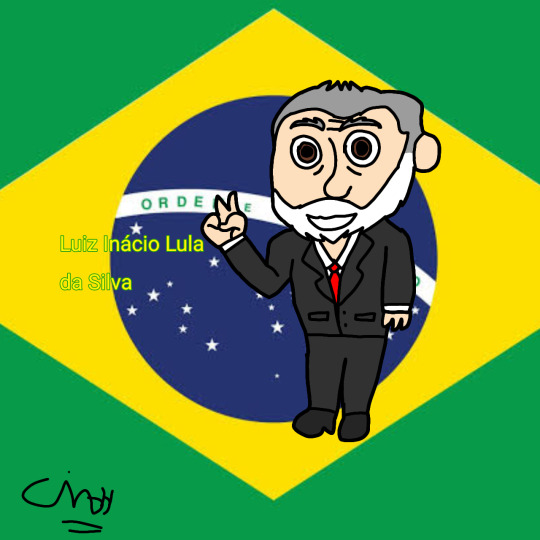
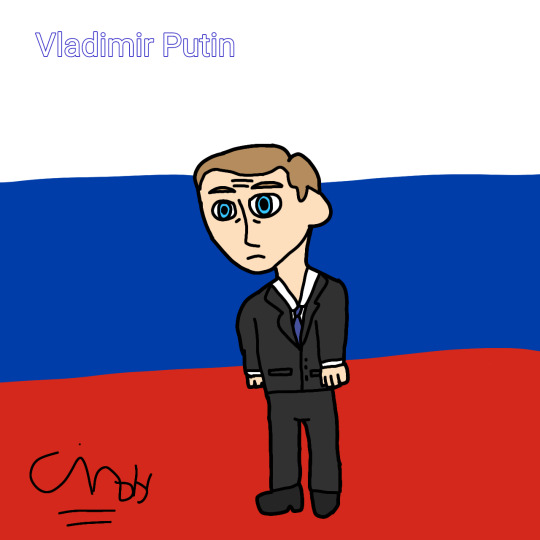
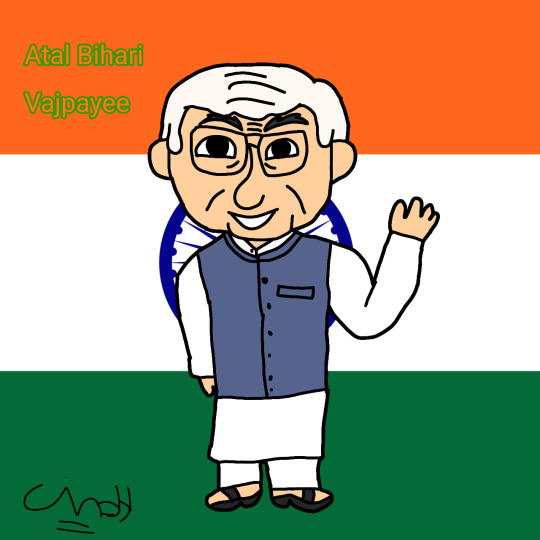
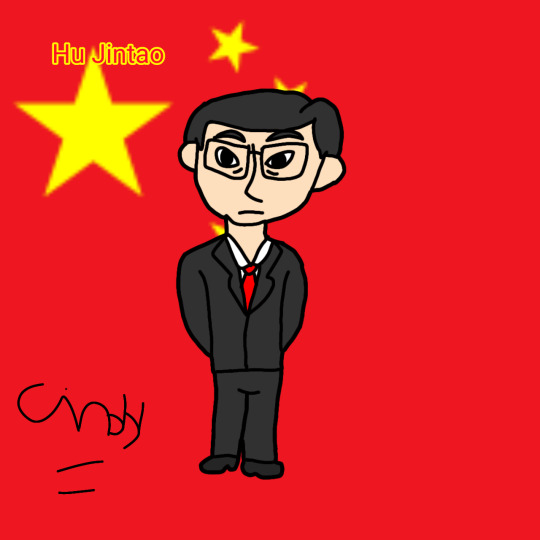
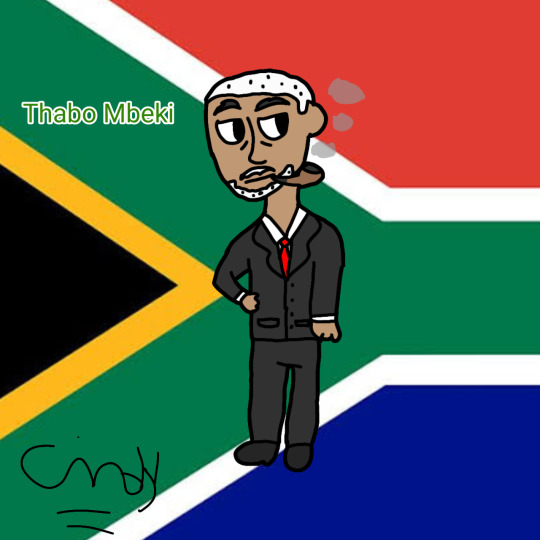
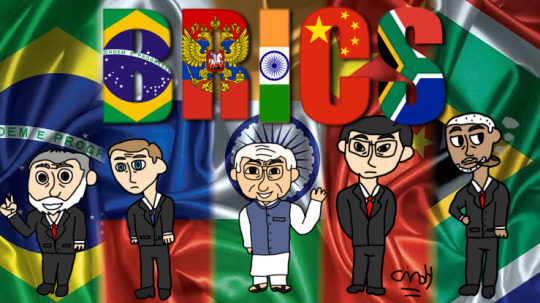

B.R.I.C.S. but in 2003 (2000s)
I was inspired with @/viktor_regnsky on Instagram, Eggcountries an CountryHumans version.
That's why I draw them.
#brics#brazil#russia#india#china#south africa#world leaders#politics#lolitics#cindy the cat pink art#cindy the cat pink#countryhumans#luiz inacio lula da silva#vladimir putin#atal bihari vajpayee#hu jintao#thabo mbeki
23 notes
·
View notes
Text
How to keep up to date with Van Graanisms
"How to keep up to date with Van Graanisms", a review of 'Bafana Republic and Other Satires: A Collection of Monologues and Revues' by Mike van Graan, published by Wits University Press (2020).
MIKE VAN GRAAN is a name and a personality synonymous in South Africa with a biting keyboard and angry, strong political opinion. For many years he hosted a regular and important column on the artslink website amongst other platforms, and he has so far written over 30 plays, vital to a South Africa in the process of finding its feet amid a slurry of contradiction, disappointment and…
#AIDS-denialism#artslink#Bafana Republic#Bafana Republic and Other Satires#Bafana Republic: Extra Time#Bafana Republic: Penalty Shootouts#colonialism#Helen Zille#Hlaudi Motsoeneng#Jacob Zuma#Johannesburg#Land Acts#Macbeki#Macbeth#Malawi#Mike van Graan#Pay Back The Curry#Pieter-Dirk Uys#SABC#Shakespeare#State Fracture#Thabo Mbeki#Twitter#Wits University Press
0 notes
Text
Referring to time in presidential administrations only to comment on something totally removed from politics simply because.
: "Cartoons during the Bush Administration were so unhinged."
: "Fashion during the Mbeki Administration was so American influenced"
0 notes
Text

“I am an African. I owe my being to the hills and the valleys, the mountains and the glades, the rivers, the deserts, the trees, the flowers, the seas and the ever-changing seasons that define the face of our native land.” ~ Thabo Mbeki ✊🏿
#adut akech#blackisbeautiful#blackwomen#blackwomenaregorgeous#beautifulblackskin#blackbeauty#blackwomenbelike#blackwomenfeed#melanatedwomen#melaninvibes#blackwomenarestunning#darkskinwomen#darkskinmagic#darkskinbaddies#darskskinblackgirls#blackgirlmagic#blackgirlmagicfeed#blackgirlaesthetic#blackwomenappreciation#naturalhair#naturalcurls#kinky curly#afrocentrichairstyles#afrocentricstyle#south sudan#sudanesebeauty#africanbeauty#afrocentrism#african heritage#blacktumblr
530 notes
·
View notes
Text
just saw the US American version so I thought I'd ask :
it's interesting just how much you can deduce about the history of the country just by looking at the names and titles
#south africa#politics#history#adding Jan Smuts and DF Malan felt a bit excessive until I realised that was when my parents were born... so not long ago at all#any of my followers go to DF Malan highschool ? I'm so very sorry#(it's a good school don't get me wrong. but it's gotta suck having the apartheid guy's name on your uniform 😬)
16 notes
·
View notes
Text
MBEKI: AFRICAN LEADERS HAVE TO BE HONEST WITH EACH OTHER
The African Union (AU) has become a club to defend the interests of African heads of state, not the people. That’s according to Thabo Mbeki, South Africa’s president from 1999 to 2008.
He said part of the problem lies in a lack of accountability. Take the case of Ivory Coast’s Allasane Ouattara, who performed a constitutional coup to extend his presidential term in 2020. We hear not a murmur from the African Union.
Compare that with the AU’s response to revolutionary coups that have swept Africa’s Sahel region in recent years which were backed by the masses on the streets. The continental organisation suspended Burkina Faso, Mali and Niger for throwing off the neo-colonial yoke, even as Western-aligned African leaders keep their AU seats.
15 notes
·
View notes
Text
Wide awake because of stupid fucking loadshedding omg. It's midnight and there's absolutely no power and I'm so hot and uncomfortable. For those wondering what loadshedding is:
"South Africa's energy crisis or load shedding is an ongoing period of widespread national blackouts of electricity supply. It began in the later months of 2007 towards the end of Thabo Mbeki's second term as president, and continues to the present." -Wikipedia (I'm too tired to look elsewhere)
There are multiple stages and the highest we've gotten to is stage 8 which is 8 hours of no power. Currently, we have a very important substation that is at risk of breaking. And if does, loadshedding will be ramped up to stage 13. I'm just lucky I live an area where it isn't as bad and we have a wi-fi box.
God damn it this is annoying
#vent#fuck eskom#<- a south african proverb#fehwefhfheeghege#eskom supplies more than 80% of our electricity and they eant to charge people for getting power from other sources such as solar power#or other companies
9 notes
·
View notes
Text

🌍 Thabo Mbeki: An Environmental Visionary in OBEY Season 11! 🌿🌟
Gentlemen, prepare to embark on an eco-conscious journey with Thabo Mbeki from South Africa 🇿🇦, an Environmental Scientist who's dedicated to preserving the planet's beauty. In OBEY Season 11, Thabo's mission is to raise awareness about environmental issues and inspire change.
In the world of OBEY, where passion meets purpose, Thabo shines as a beacon of hope for our planet. His commitment to sustainability goes beyond his profession; it's a way of life. Get ready to witness the power of environmental consciousness!
Now, let's discuss how you can support Thabo in his mission to protect the Earth. Your votes on Instagram, Tumblr, and Twitter are like a breath of fresh air for the environment, ensuring that his message of conservation reaches far and wide. Every like, comment, save, and share contributes to a greener future. Join us in celebrating Thabo Mbeki's visionary dedication!
Stay tuned for more updates and eco-friendly initiatives as we follow Thabo's journey in OBEY Season 11. Prepare to be inspired by the transformative impact of environmental awareness! 🌍🌟 #OBEYSeason11 #EnvironmentalAdvocate #MeetTheContenders #ThaboMbeki 🏆🔥
14 notes
·
View notes
Text
just got reminded that thabo mbeki was an aids denialist jesus christ
#you were PRESIDENT ohhhhh my god you killed people. you and your cabinet killed people.#hundreds of thousands jesus christ
2 notes
·
View notes
Text
Hello this is a great chance to talk about a story I love to tell: The Dunnes Stores Strikers.
I’m the 80’s Irish unions ( The IDATU ) voted to protest the apartheid regime in South Africa. Stores across the whole country were made aware that union workers wouldn’t be handling/selling any South African goods or produce. Most stores/management were okay with this and allowed its workers to implement the ban.
Except Dunnes store on Henry street Dublin.
Mary Manning, a young girl working at the till, followed her unions directive and refused to sell a South African Grapefruit. She was told by management to leave. Her floor supervisor, a woman named Karen Gearon, ordered a full walk out on the spot in solidarity.
The two of them aswell as other workers;
Liz Deasy, Michelle Gavin, Vonnie Munroe, Alma Russll, Sandra Griffin, Theresa Mooney, Cathryn O’Reilly and Tommy Davis. With Union representative Brendan Barron.
spent just over 2 years on strike, working against Dunnes and it’s selling of South African produce. They protested along side a refugee from the apartheid named Nimrod Sejake and for 2 years they spent every morning outside of Dunnes store, holding up the picket and encouraging people to boycott the store until they stopped selling the produce.
They were invited to go to South Africa by Desmond Tutu to see the situation with their own eyes, however the government treated them with extreme hostility and were forced to leave the country after being held within the airport with guns for hours.
They were so dedicated that Vonnie Monroe even chose to loose her house rather then break the picket like a judge had suggested.
Their strike lead to a nation wide ban and the creation of new laws. It contributed to the end of the regime, they were even recognised by Nelson Mandela who said “ordinary people far away from the crucible of apartheid cared for our freedom”.
There is even now a street in Johannasburg named after Mary manning and a Plaque on Henry Street seared by President Thabo Mbeki.
The Irish stand against apartheid and always will.



If you're going to do something similar you have to make sure the store knows you're targeting Israeli products specifically
#I was very very lucky to be in a production this year called Strike! based off of these agents#current events#the Dunnes strikes#palestine#ireland
43K notes
·
View notes
Text
How many people have died as a result of the “HIV doesn’t cause AIDS” hoax, especially after Thabo Mbeki fell for it?
The US, with RFK Jr. at the helm of HHS, is making a similar, albeit more widespread mistake. The world will pay for it in blood.
0 notes
Text

Ambassador Rev. James A. Joseph (March 12, 1935 - February 17, 2023) was an educator and public policy activist who served as the first African American Ambassador to post-apartheid South Africa (1996-99). He has worked to promote leadership opportunities in both the corporate world and through the Federal government.
Born in Opelousas, Louisiana, he earned a BA in Political Science and Social Studies at Southern University. After two years in the Army, he enrolled in Yale Divinity School to earn a B.Div. He taught at Stillman College and the Claremont Colleges. He was associate director of the Irwin-Sweeney-Miller and Cummins Engine Foundations. An ordained United Church of Christ minister and civil rights activist, he found new opportunities to advocate for public humanitarianism. He was promoted to become VP of the Cummins Engine Co. and president of the Cummins Engine Foundation.
President Jimmy Carter appointed him to be Under Secretary of the Interior. President Ronald Reagan appointed him to the Advisory Committee of the Agency for International Development. President George H.W. Bush selected him to serve on the board of the Points of Light Foundation and the Board of Advisors on Historically Black Colleges. Under President Bill Clinton, he joined the Board of Directors of the Corporation for National Service as Chairman.
President Bill Clinton appointed him as Ambassador to South Africa. President Thabo Mbeki presented him with the Order of Good Hope, an award for distinguished service in international relations.
He founded the Emerging Leaders Program, a joint venture between the University of Cape Town and Duke University, and has served on the Board of Directors of the Brookings Institute and the Children’s Defense Fund. He was a member of the Council on Foreign Relations and the National Academy for Public Administration.
He married Mary Braxton, an Emmy Award-winning television journalist, and had two children from a previous marriage to Doris T. Joseph. #africanhistory365 #africanexcellence #alphaphialpha
0 notes
Text
Former president Thabo Mbeki asserts that the Congolese authorities should improve its capability to handle the jap area of the Congo amidst rising tensions.
0 notes
Text

Johannesbourg - South Africa
Criminalité
Johannesbourg est l'une des villes les moins sûres du monde en temps de paix, notamment au centre-ville. La ville est souvent citée dans des études pour avoir l'un des taux d'homicide le plus élevé au monde. Il y a en moyenne 20 meurtres par jour. La majeure partie de la population y circulant vient des townships miséreux, connaissant eux aussi de forts taux de criminalité.
Les gens de classe moyenne et supérieure habitent dans des maisons protégées par de hautes clôtures, munies de barbelés, de fils électriques, et surveillées par les compagnies de sécurité privées aussi appelé gated communities. Dans les quartiers pauvres comme Hillbrow et les townships environnants, la violence est importante. Les maisons de briques ne sont pas toujours protégées par des clôtures avec barbelés. Les maisons de tôle d'acier sont généralement sans protection.
Économie
Au XXIe siècle, l'activité minière n'est plus le secteur principal de l'économie locale. L'essor des services, ainsi que la construction d'un aéroport international, ont fait de Johannesbourg une cité de première importance pour le commerce africain et mondial. L'agglomération de Johannesbourg (Gauteng) assure 40 % du PIB de l'Afrique du Sud.
L'héritage de la période d'apartheid a maintenu une crise du logement pour les noirs, gravement touchés par le chômage, lequel, selon le gouvernement, avoisine les 40 %, entretient les rancœurs à l'encontre des immigrés accusés de rafler les emplois, de faire baisser le coût du travail, voire de faire augmenter la délinquance. Le gouvernement de Thabo Mbeki, qui a succédé à Nelson Mandela, a sous-estimé la crise au Zimbabwe limitrophe. Cette crise a précipité trois millions de clandestins de l'autre côté de la frontière. Les écarts de revenu et les tensions raciales créent d'importants problèmes d'insécurité dans le centre-ville, déserté par les blancs, et abandonné par les investisseurs. Ce centre-ville tente actuellement de se restructurer autour d'un nouveau quartier administratif et culturel à vocation touristique.
En 1999, Johannesbourg nomme un manageur pour la ville afin d'améliorer sa mauvaise situation financière. Ce dernier, conjointement avec le conseil municipal, élabore un plan de réforme stratégique appelé « Igoli 2002 ». La ville passe ainsi de la quasi-insolvabilité à un surplus de 153 millions de rands (23,6 millions USD).
0 notes
